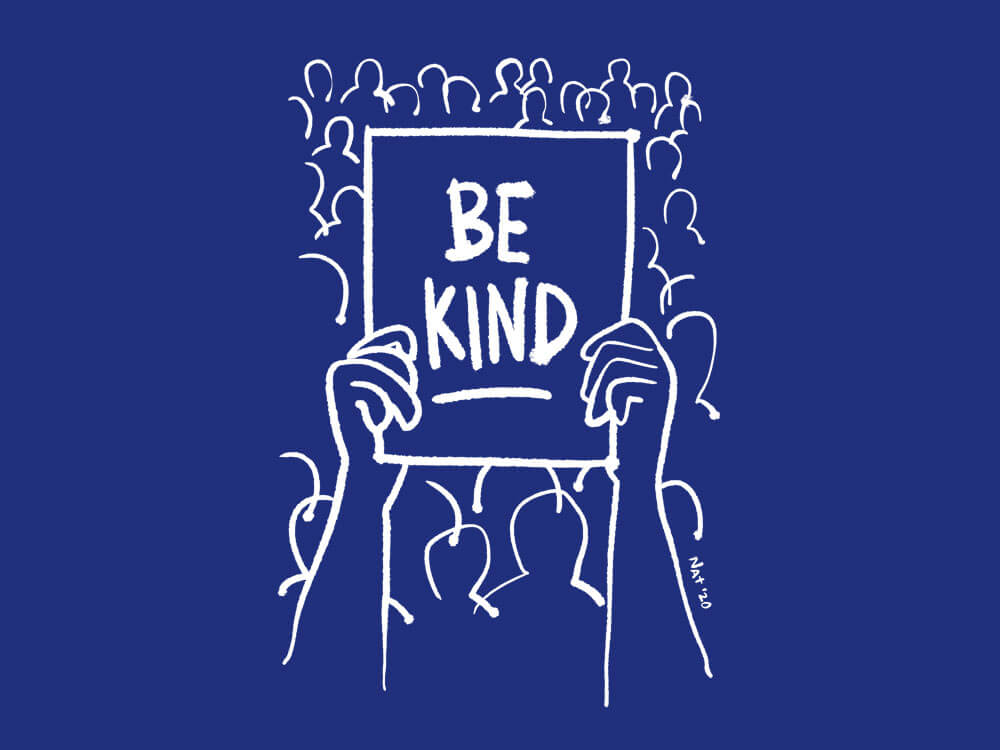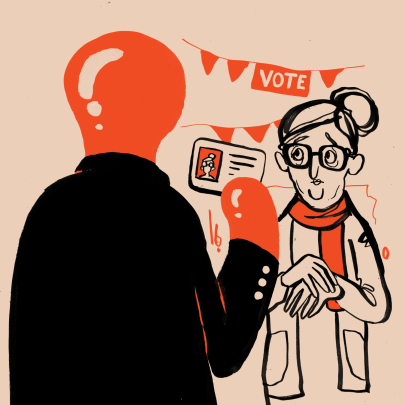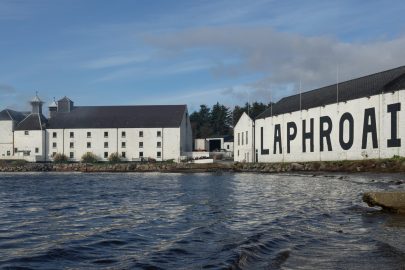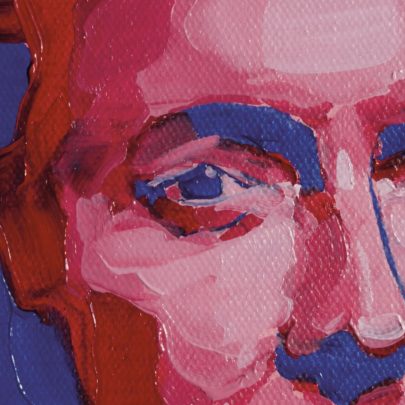Dec 7, 2020 Society
Matthew Hooton on the politics of kindness.
It may be unfair to blame Hillary Clinton for Donald Trump. But then again, she is the only person to lose a presidential election to him. Speaking to her LGBTI+ donors at a New York fundraiser two months before the 2016 election, Clinton infamously ripped in to Trump’s supporters. “You could put half of [them] into what I call the basket of deplorables,” Clinton declared, thrilling her well-heeled crowd. “They’re racist, sexist, homophobic, xenophobic, Islamophobic – you name it,” she said. “And unfortunately, there are people like that. And [Trump] has lifted them up. He has given voice to their websites that used to only have 11,000 people — now they have 11 million. He tweets and retweets their offensive, hateful mean-spirited rhetoric. Now, some of those folks — they are irredeemable, but thankfully, they are not America.”
Eight years earlier, Barack Obama had more gently said something similar about people in small Midwestern towns suffering from declines in traditional industries. “It’s not surprising they get bitter,” he said. “They cling to guns or religion or antipathy to people who aren’t like them, or anti-immigrant sentiment, or anti-trade sentiment, as a way to explain their frustrations.”
His words hinted at — and Clinton’s brutally confirmed — what low-income, white Americans had suspected: that the elites of their society do not just lack empathy for their way of life but they actively disdain them.
More important is the second insight Clinton’s comments revealed: that those she scorned had a champion in the vulgar, pussy-grabbing billionaire. Where she was showing them hate, he was showing them love. And, in some cases, he was perhaps the only person who ever had. The rest is history as calamity.
The divisions in New Zealand society are not as deep, mainly because of geographic and population size. We have all met a prime minister, or know someone who has — and prime ministers meet us. We travel around our country and interact with one another the way a Portland hipster never will with a Alabaman hillbilly. Our welfare state, public health system and generally adequate state schools maintain a degree of connectedness.
Nevertheless, the divide in New Zealand is growing. As in the US, that is partly economic. In the last 40 years, globalisation and the spread of free-market capitalism have created more wealth, lifted more people out of poverty and reduced global inequality more than any other social and economic system in history. But in what were once the only rich countries — overwhelming the white ones — inequality has widened as jobs have moved from places like Detroit and Thames to East Asia.
In North America, Europe and Australasia there is perhaps 15% of the population who have barely stood still as everyone else has been enriched. And that enrichment is not just about incomes and house prices but also the opportunity to develop a broader, more cosmopolitan outlook than those who have struggled. Metro personifies it.
Our cultural divide has not reached the point where anyone suspects that our mainstream New Zealand political leaders might hate them. But we do see and hear glimpses of it in the popular media, which are increasingly orientated towards the wealthy and the woke. We need to be careful.
A degree of sneering elitism was most obvious in the pro-cannabis-legalisation campaign, which channelled Clinton in telling voters that voting the other way would indeed make them racist, stupid and irredeemable. There really was an ad from the Make It Legal campaign that stated, “To put it bluntly, if you vote no we can’t be friends.”
Perhaps inevitably, the referendum was lost narrowly, despite the overwhelming majority of us having smoked cannabis and almost none of us wanting the existing law to be enforced. Hopefully the lesson has been learned.
For 30 years, Winston Peters has been our champion of the culturally and economically dispossessed. The list can never be complete, but those he blamed for his supporters’ failures included sickly white liberals, iwi nationalists, captains of industry, Somali tax drivers and wealthy Chinese immigrants. But Peters was never the danger Trump was because he maintained sufficient respect for the basic institutions of democracy.
In Jacinda Ardern, New Zealand has a leader who has trialled the politics of kindness. It has worked to spectacular effect. The country remained stable after the Christchurch terrorist attack. If anything, New Zealand became more united with Muslims left in absolutely no doubt that the overwhelming majority of New Zealanders stood with them. During lockdown, people were more polite to one another in the supermarket queues than they had been before, which surely contributed to defeating Covid-19. And kindness has not just worked for Ardern as an instrument of policy but also politically, with her party rewarded with the first majority government under MMP. There is hopefully a lesson here for the US, not just as Joe Biden puts together his administration but to the future leaders of both the Democratic and Republican parties.
Ardern’s political style has always been to reach out to her critics and opponents — and it has disarmed them. She may know Ponsonby but she also knows Morrinsville. She is comfortable in the Gypsy Tea Room but also the inside of a Mormon temple. She does not call people racist, sexist, homophobic, xenophobic, Islamophobic, misogynistic — even if they are. She wants to win them over, not insult them.
Trumpism has not been defeated with Trump’s ousting any more than Peters being thrown out of our Parliament represents the end of the politics of hate in New Zealand. But as a horrible 2020 draws to a close, there are signs of progress. Biden has reached out to those who supported Trump, saying he wants to govern for all Americans. To the annoyance of her most loyal supporters, Ardern has done nothing to deliberately antagonise those who opposed her.
These are reasons to be confident about a better 2021.






